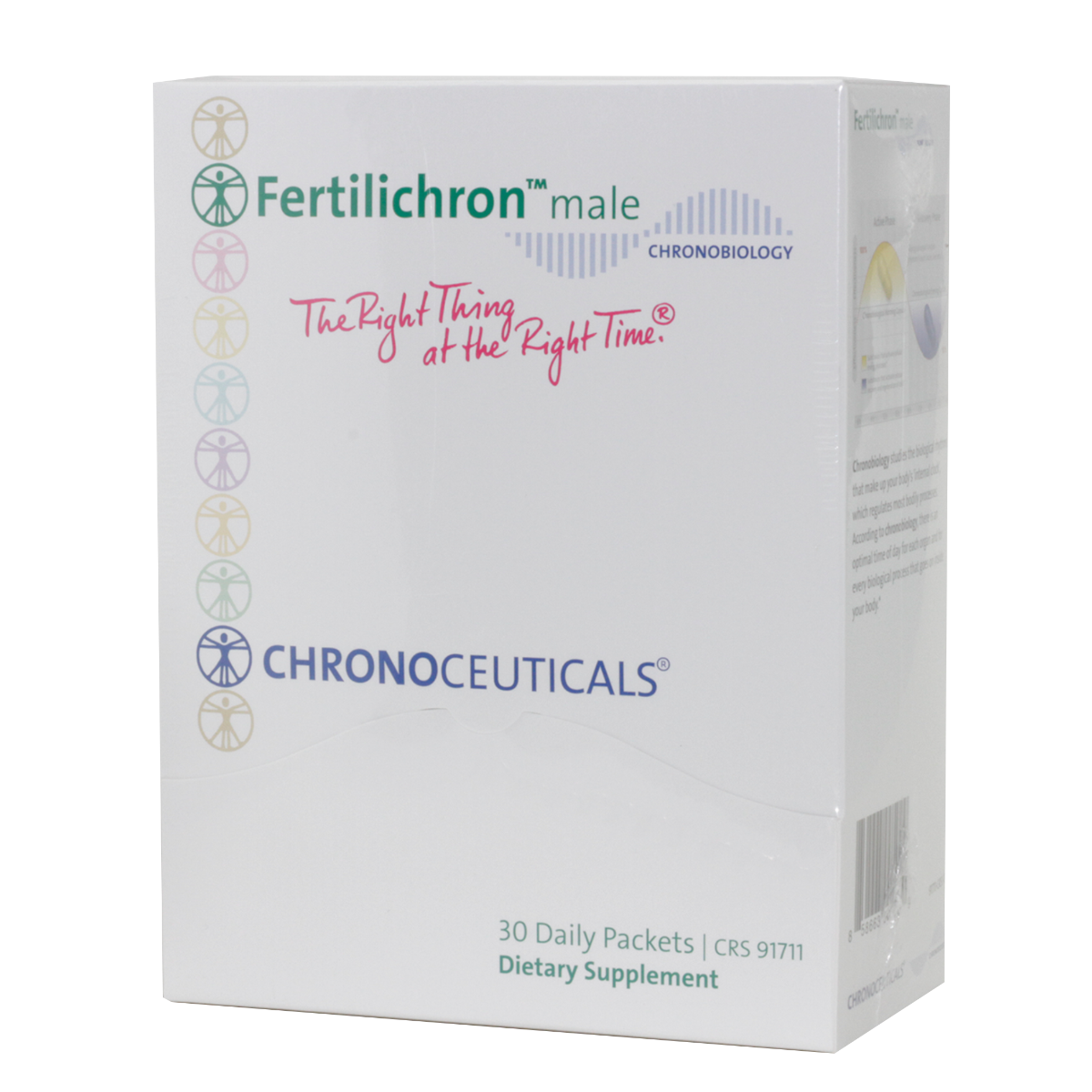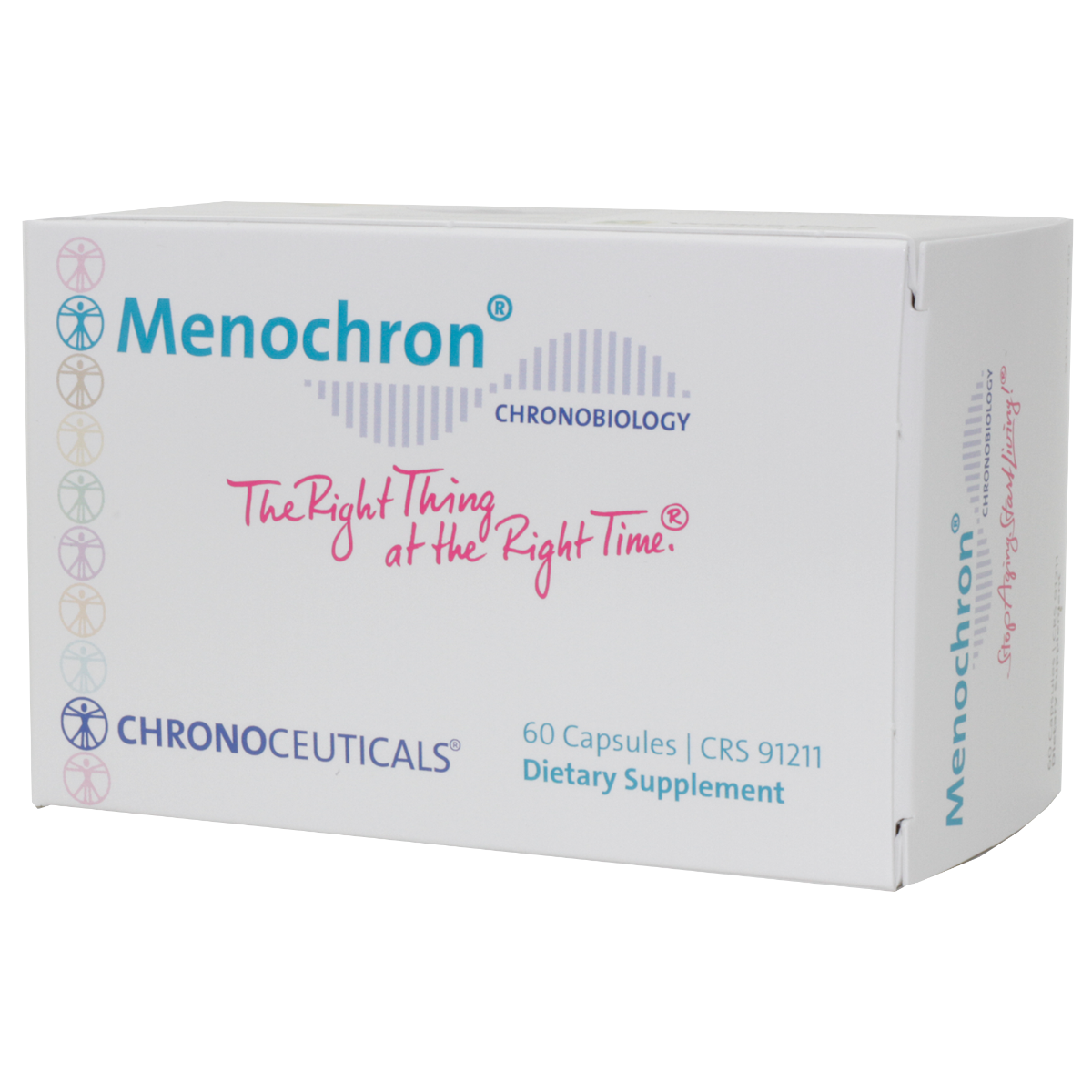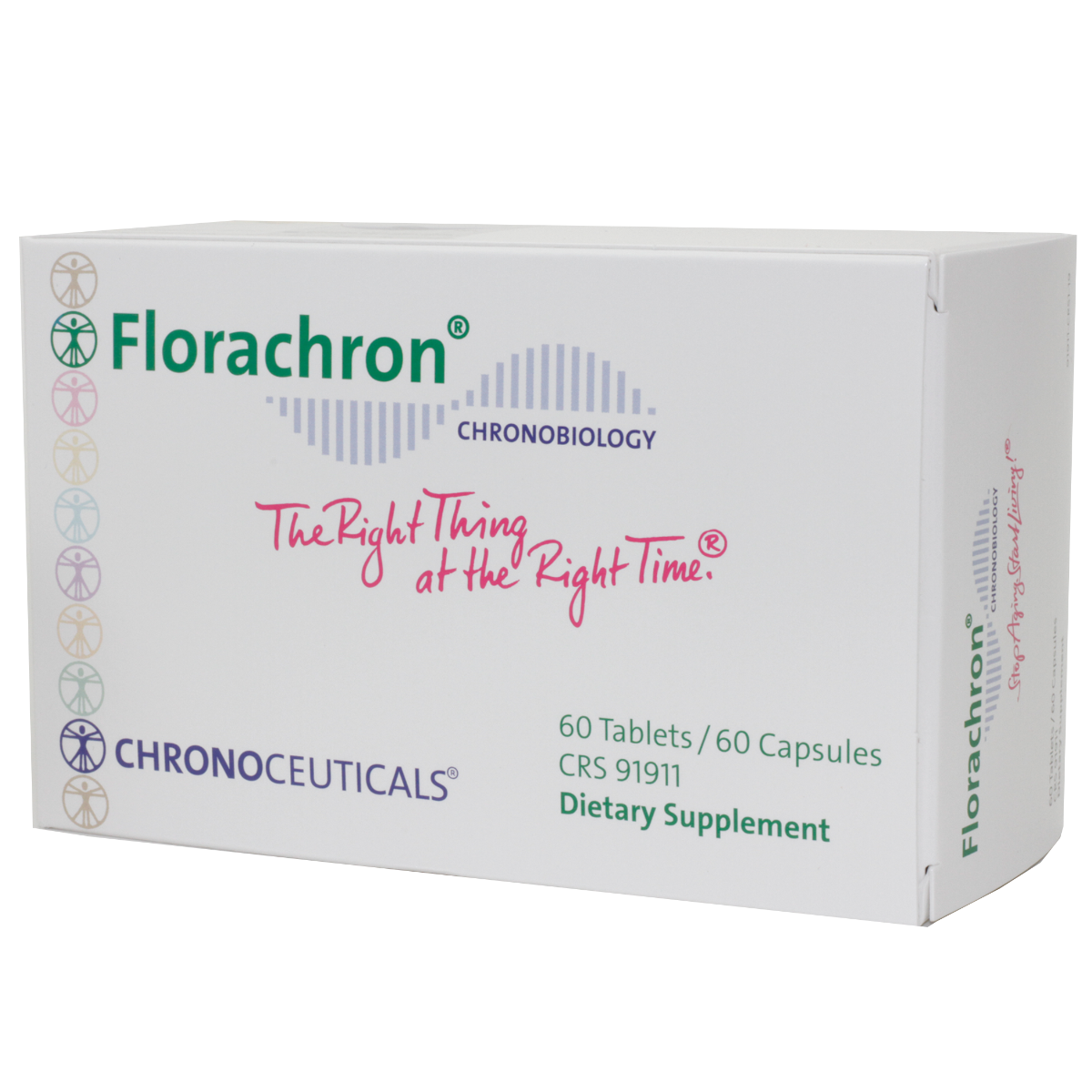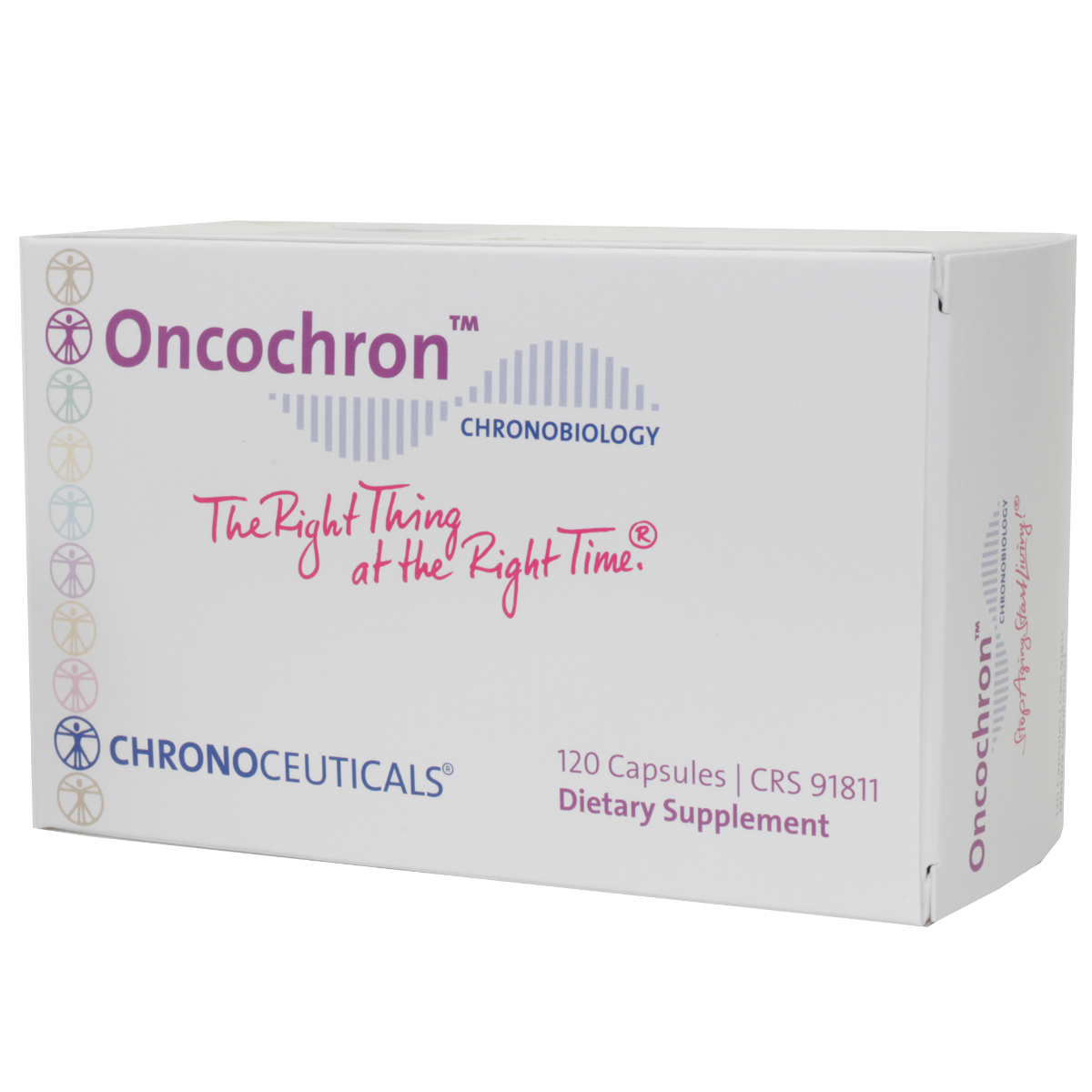$159.75
- Supports healthy male fertility and reproductive health
- Supports healthy testosterone levels
- Supports healthy libido and libido-related performance
(1 Box: 30 Daily Packets) – Fertilichron® male is a breakthrough blend of potent medicinal plants and nutrients that naturally supports healthy male fertility. Based on the science of chronobiology, Fertilichron® male helps maintain healthy testosterone levels and libido, while also supporting male reproductive health.
31 in stock
Description
Today, healthy fertility is no longer strictly a “woman’s problem”. The statistics don’t lie: as many as 50 percent of all reproductive concerns can be attributed to the man, while another 20 percent involve both the man and the woman, or have no concrete cause. In fact, men over age 35 are twice as likely to have fertility concerns as are men under age 25. Despite this surprising fact, men are still very much in the dark about the lifestyle factors that promote healthy reproduction, not to mention the factors that may actually interfere with this vital process.
While in the past it was primarily women with tubal dysfunction who could be helped through in-vitro fertilization (IVF), today there are numerous natural approaches to optimizing fertility, each with its own place. In men, this is true because various facctors influenced by the biological age of the man determine sperm quality, as measured by sperm count (number), sperm motility (movement), and sperm morphology (form) as the sperm mature over a period of several months.
Based on these facts, a comprehensive, chronobiologically-based medicinal plant blend of vitamins, amino acids, enzymes, phytonutrients, and trace elements and minerals has been developed for supporting healthy male fertility and reproductive health in men who wish to start a family. The statistics are clear. Since 2001, the number of births has declined by about one tenth. Unfortunately, this is partially the result of health-related infertility. Subfertility, infertility and pregnancy disorders have become a huge problem for one in every three couples wishing to start a family.
A couple is considered infertile if conception does not occur after a year of regular sexual intercourse without contraception. Fertility also declines with increasing age.
Healthy sperm production, or spermatogenesis, is not the only cause of infertility that can be favorably influenced by nutritional supplements; often, the transport of sperm through the seminal passages is also a decisive factor in healthy fertility. Thus, the improvement of all prerequisites involved in successful fertilization becomes the order of the day.
The biological clock is ticking – not just for would-be mothers, but also for would-be fathers as they get older. The problems with aging are not limited to difficulties in attempting to procreate, as studies with titles such as “Paternal Age and the Risk of Diseases in the Child” indicate. The older a father is, the more divisions his individual stem cells have already undergone – 840 in a 50-year man compared to only 35 cell divisions in a 15-year-old boy. With each division, the probability of an unwanted mutation grows. Studies specifically show that decreasing semen quality may be associated with both OAT syndrome and azoospermia. The letters OAT, which refer to the sperm cells, stand for oligo (too few), astheno (with reduced mobility) and terato (with abnormal morphology). OAT is caused by pathological changes in the sperm. Azoospermia denotes the lack of sufficiently mobile sperm in the semen.
In the middle of the last century, young men of reproductive age typically averaged 100 million sperm per milliliter of semen. Today, men can be happy if they have 60 million. Increasingly, there are reports of otherwise healthy men between 20 and 30 years of age who have less than 20 million sperm per milliliter. Along with this decrease in quantity, poor quality is also common. Often, only around five to 15 percent of sperm are able to make their way to the egg.
For successful fertilization, the criteria influencing sperm transport are also of vital importance. The key requirement is the introduction of a sufficient amount of sperm into the uterus. The most common roadblock that stands in the way in this case stems from problems maintaining an erection, or impotence. In the course of his life, a healthy man produces an estimated 400 billion sperm cells, each taking about ten weeks to reach maturity. After they mature, the sperm then survive up to a month in the sperm depot. In a healthy male, between 120 and 600 million sperm cells are released at every successful ejaculation. An intelligently-designed nutritional supplement intended to support healthy male fertility aims to promote healthy sperm production, taking into account all major functions during the sperm’s development time.
To reiterate, if a couple is having trouble conceiving, it’s important to examine both the man and woman for possible causes. Compared to the tests a woman must go through, a laboratory analysis of a man’s semen is quick, painless and easy. A semen analysis of several ejaculates over a three-month period can determine whether and which functions of the sperm are impaired. A semen analysis is very extensive and measures not only the volume of semen and concentration of sperm, total sperm count, and sperm motility, but also the pH values and specific constituents in the semen such as acid, fructose, or metals. Particular attention is paid to sperm motility (the ability to move forward), desired sperm shape (morphology) – more than 20 percent should be unremarkable or normal sperm – and to whether at least three quarters of the sperm are viable.
Additional information
| Weight | 0.8 kg |
|---|---|
| Effects | |
| Supplement Facts |
Supplement Facts AM (Morning) 3 AM Fertiliplex Male Capsules Vitamin A (as Beta Carotene) |
| Uses |





Leave a Reply